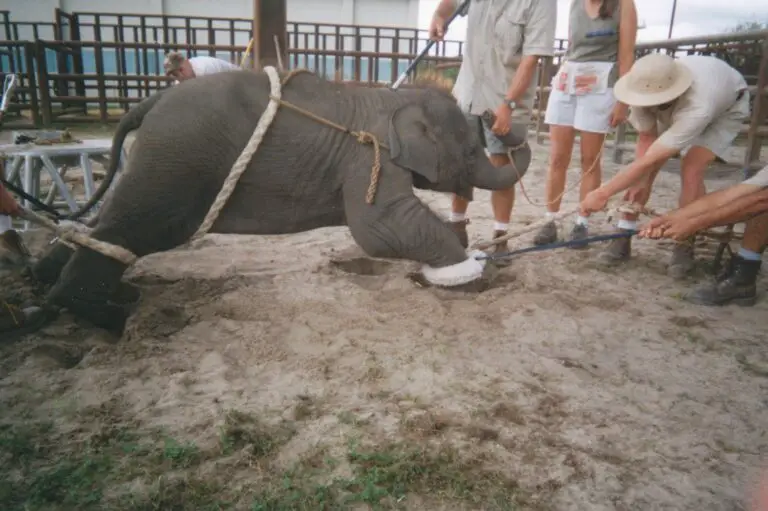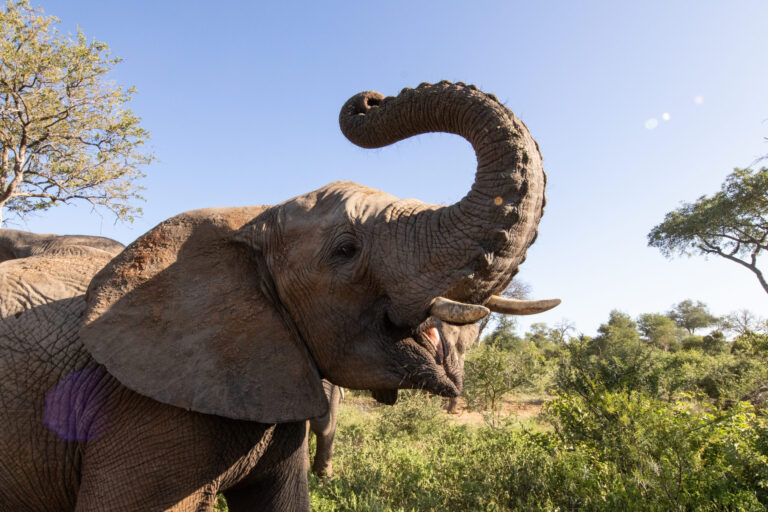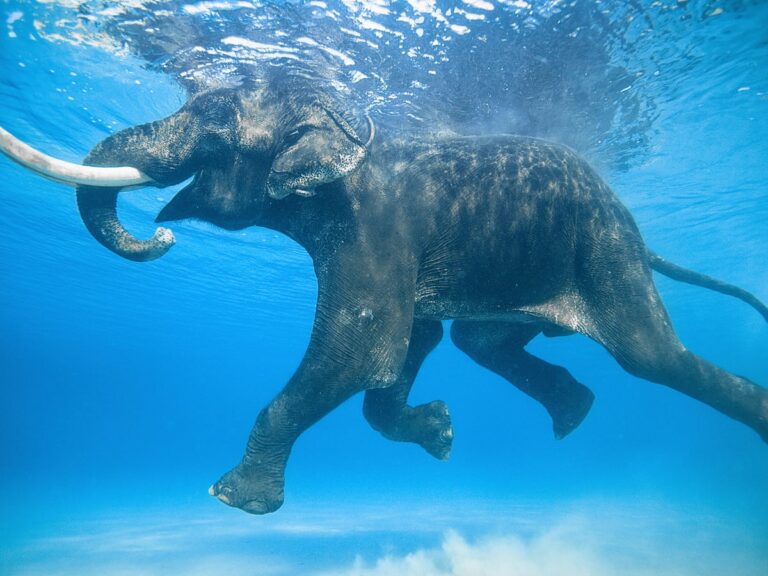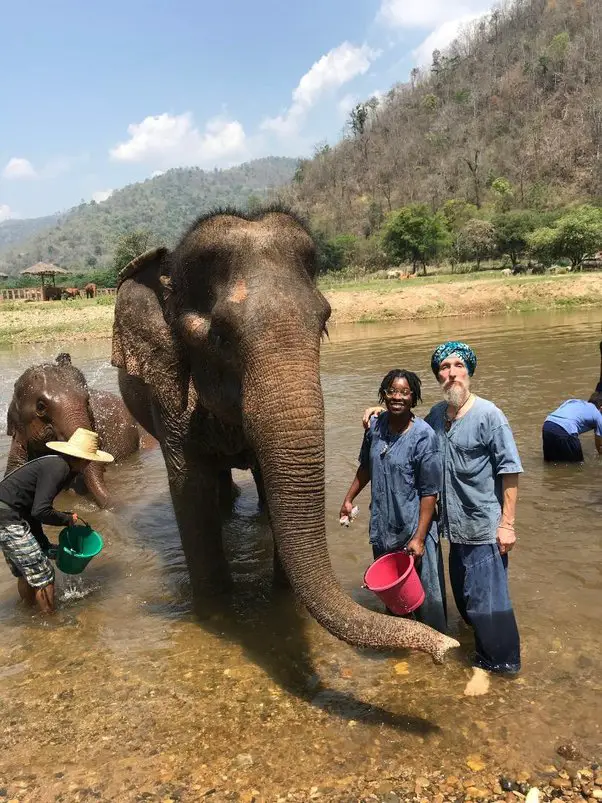Do Elephants Produce Milk
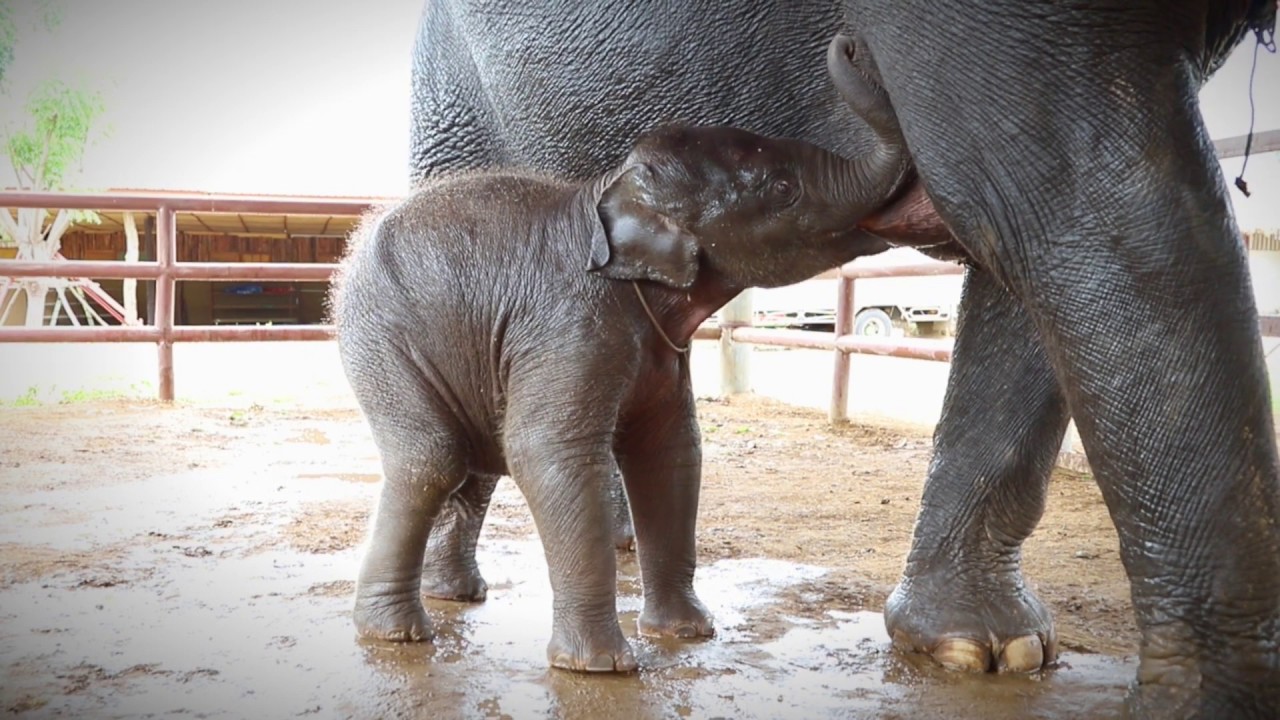
Yes, elephants do produce milk for their young. Baby elephants drink milk from their mother’s breast for up to two years.
The weaning process can begin at one year old and may continue until the elephant is ten years old.
Why Do Elephants Produce Milk?
Elephants produce milk to nourish and feed their offspring, similar to other mammals. This milk is crucial for the growth and development of baby elephants, containing essential nutrients and antibodies. When compared to other mammals, the composition of elephant milk differs in terms of fat content and protein composition. Additionally, elephant milk contains a high amount of glucosamine, which aids in bone and joint development in elephant calves. The quantity of milk produced by elephants is substantial, supporting the rapid growth of their young. Understanding the function and nourishing properties of elephant milk helps in appreciating the unique journey of an elephant’s early life.
How Do Baby Elephants Drink Milk?
Elephants are mammals, and like all mammals, they do produce milk. Baby elephants rely on their mother’s milk for nourishment. The mechanism of milk production in elephants is similar to that of other mammals. Female elephants lactate and produce milk in the same way that cows, humans, and other mammals do.
The mother-offspring bond in elephants is strong, and the mother provides milk to her baby through nursing. Feeding behaviors of baby elephants involve suckling milk from their mother’s breast. They drink their mother’s milk regularly for up to two years, ensuring their growth and development.
Weaning is a prolonged process for elephants. It can start when the baby is one year old, and it may continue until the elephant reaches ten years of age. This weaning process usually ends when the mother can no longer tolerate the abrasion from its offspring’s emergent tusks or when another new-born is birthed.
Overall, a mother elephant’s milk plays a crucial role in nourishing and nurturing her baby, ensuring its healthy growth and survival.
Quantity And Duration Of Milk Production
Elephants produce a large quantity of milk for their babies, which they drink regularly for up to two years. The weaning process can take several years, usually ending when the mother can no longer tolerate the abrasion from its offspring’s tusks or when another baby is born.
| Quantity and Duration of Milk Production |
|---|
| Amount of Milk Produced: Baby elephants drink their mother’s milk regularly for up to two years. The quantity of milk produced by female elephants is significant, as it is essential for the growth and development of the calf. |
| Weaning Process: Weaning is a prolonged process that can begin at one year of age and continue until the elephant is ten years old. The process may end when the mother can no longer tolerate the abrasion from its offspring’s emergent tusks or when another newborn is born. |
| Factors Affecting Milk Production: Various factors can influence the milk production of elephants. The quality and availability of food, the health and condition of the mother, and environmental conditions all play a role in determining the quantity of milk produced. |
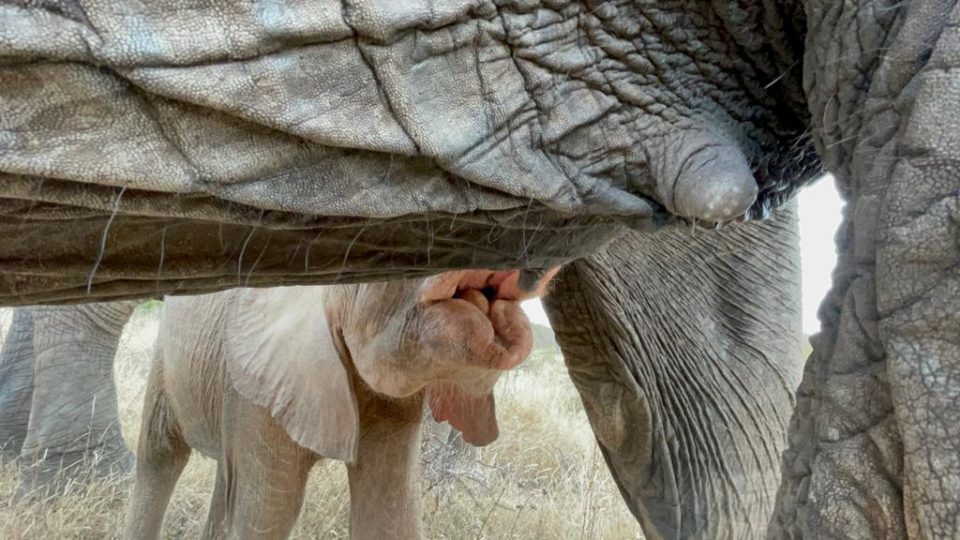
Credit: herd.org.za
Benefits Of Elephant Milk
Do Elephants Produce Milk is a topic that raises curiosity among people. Elephant milk is rich in nutrients, providing vital benefits for elephant calves. It plays a crucial role in sustaining the social structure of elephants and has potential applications for human use. Understanding the composition and significance of elephant milk can shed light on its contribution to the well-being of elephants and its potential implications for human consumption.
Research And Conservation Efforts
Research and Conservation Efforts:
Studies on the composition of elephant milk have revealed important information for both research and conservation efforts. The milk of elephants has been found to contain high amounts of glucosamine, which is beneficial for joint health. This finding has implications for animal husbandry practices, as it suggests that providing adequate nutrition for elephants in captivity is crucial for their well-being.
Conservation efforts for elephant populations also rely on understanding the milk composition of elephants. By studying the milk of wild elephants, researchers can gain insights into the health and reproductive success of these animals. This information can then inform conservation strategies aimed at protecting and preserving elephant populations in their natural habitats.
The study of elephant milk composition is an ongoing area of research, with scientists continuously working to uncover more details about the nutritional content and unique properties of this vital substance for elephant calves.
Credit: www.quora.com
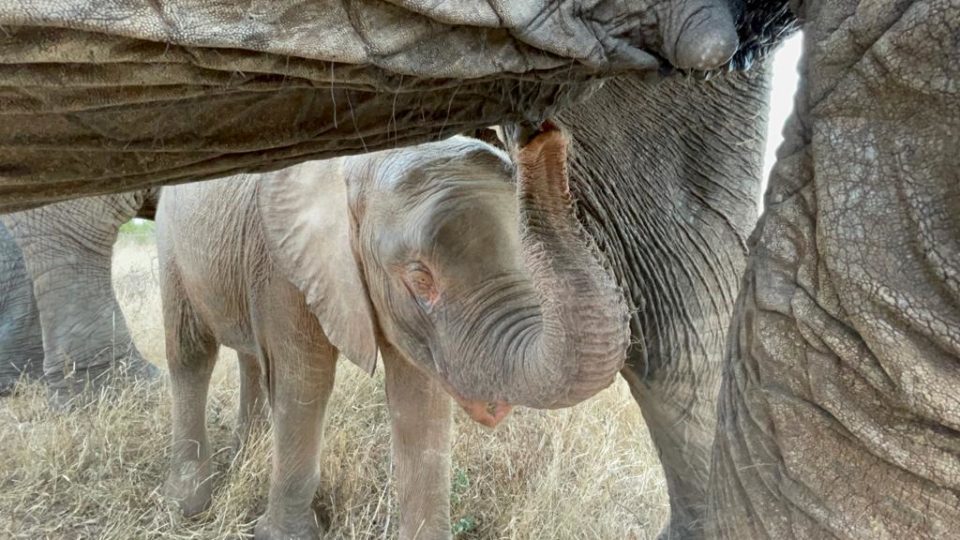
Credit: herd.org.za
Frequently Asked Questions For Do Elephants Produce Milk
Do Elephants Breastfeed?
Yes, elephants do breastfeed. Baby elephants drink their mother’s milk regularly for up to two years. Weaning can begin at one year of age, but the process can take up to ten years. Elephant’s breast milk contains large amounts of glucosamine.
Do Elephants Lactate?
Yes, elephants lactate and produce milk to feed their offspring. Baby elephants drink their mothers’ milk regularly for up to two years. Weaning can start at one year of age and continue until the elephant is around ten years old.
How Much Milk Do Elephants Produce?
Elephants produce a large quantity of milk for their baby elephants to drink regularly. Weaning typically starts at one year old and can continue until the baby is around ten years old. The milk is rich in fat and protein, similar to other mammals.
How Old Are Elephants When They Stop Drinking Milk?
Elephants begin the weaning process around one year old, and it can continue until they’re about ten years old. The process usually ends when the mother can’t tolerate her offspring’s emerging tusks or when a new calf is born.
Conclusion
Elephants do produce milk, and it is essential for the growth and well-being of their offspring. The milk provides necessary nutrients and helps in the development of baby elephants. Understanding the lactation process is crucial in caring for these gentle giants and ensuring their conservation.
